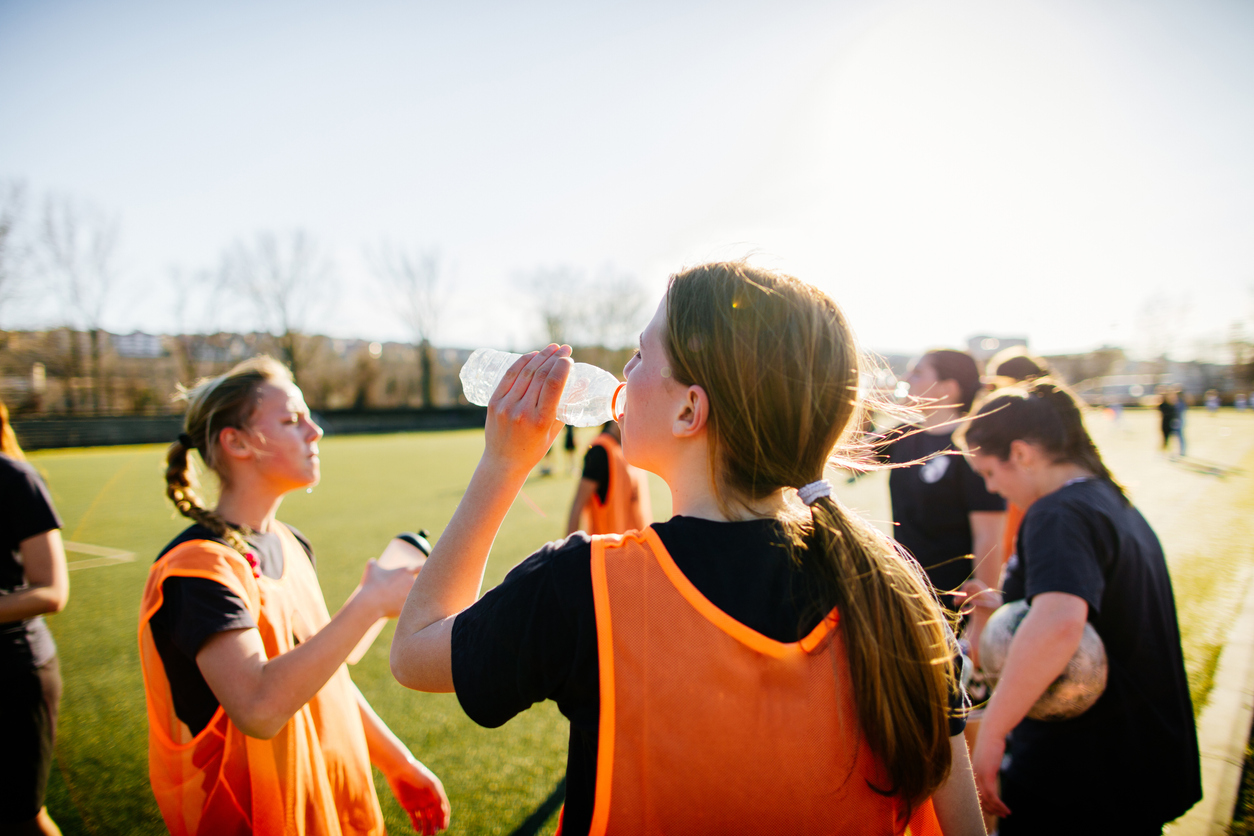Support is Pivotal for Achievement
Sadly, I didn’t get to see Cori (Coco) Gauff in action, as we were still in Cannes sunning ourselves and learning French when she made her Wimbledon debut. And when her run ended, I scarcely knew that I was back in England. Still, I caught the excitement, the energy that this dynamic teen girl was creating, not only in London but throughout the world.
This going me thinking about our podcast, On Being A Teen Girl Now. Of course, not every girl is a sports phenomenon nor does everyone want to be but it seems to me that to be the best at whatever it is that a girl wants to be, it takes a few disciplines—training, practicing, character building, taking it all in and having the drive (the desire) to keep it moving, to name a few.
And according to our two wonderful teenage girl guests of the said podcast, that’s not all. There is something to say about the support of parents and guardians and guides and mentors. When asked what they each needed to make a good transition from being a pre-teen to a teen, both young ladies were quick off the mark with an inspiring response.
For 16-year-old Leah, it had to do with feeling powerful because it was particularly a time of feeling powerless and that not only came from home but from teachers and other adults at her school and for 15-year-old Divaina, it was the support of her parents, particularly her mother, who she was able to talk to about anything. It was having a close relationship where she could express her inner most hopes and desires and feel safe-guarded, no matter what.
To this end, it was wonderful to see the videos and photos of Coco’s parents in the stands cheering her on and the unprecedented support from adults around the world, famous and those not so famous.
How different the world would be, I thought, social media, for starters, if this kind of support was extended to all teen girls. Make no mistake about it, I am not taking anything away from Coco, rather I am giving her a thumbs up for commanding so much respect and gaining enormous support, but I am dreaming of a world, on and offline, where teenage girls can feel this power that Leah spoke of and that Coco no doubt felt and still feels, as well as the support that Divaina needed and still needs unequivocally to be her best in life.
I am not suggesting a perfect world, which is the very idea that teenage girls have told us they’d like to banish. I agree. But here is what I am thinking: a world in which girls can win and lose, if you will, without the fear of falling out of grace or not living up to someone else’s standards.
This could take a lot of doing but one hot tip that UIO offers is the importance of effective communications. It is a two-way street, Leah reminds. Not only it is important for parents and guardians to offer much needed advise and support, it is important for them to listen to the flipside too. It could make the difference in not only in success or failure but also could have a bearing on a girl’s well-being.
In his play, Cash Cow, writer Oli Forsyth explores what can happen when lines of communications become blurred or cease. His is the story of a tennis prodigy, whose parents push her, even when she doesn’t want to be pushed, and ignore at least one major cry out for help, in the name of winning. Eventually, it all ends in tears.
Though fiction, Cash Cow, raises key points about the importance of the teenager owning the experience. Without having the desire whether it is to become a sports star, a singer, an environmentalist, a teacher, etc, the offerings of support become something other than support.
And as for the power, the feeling of it wanes for the teenager that is and eventually fizzles out for the adults, too. As both UIO guests touched upon in the podcast, the relationships between teens and the adults in their lives are pivotal, necessary for that powerful feeling to reign, to take you wherever you want to go..
Listen to On Being A Teen Girl Now on iTunes and Soundcloud or wherever you listen to podcasts.


